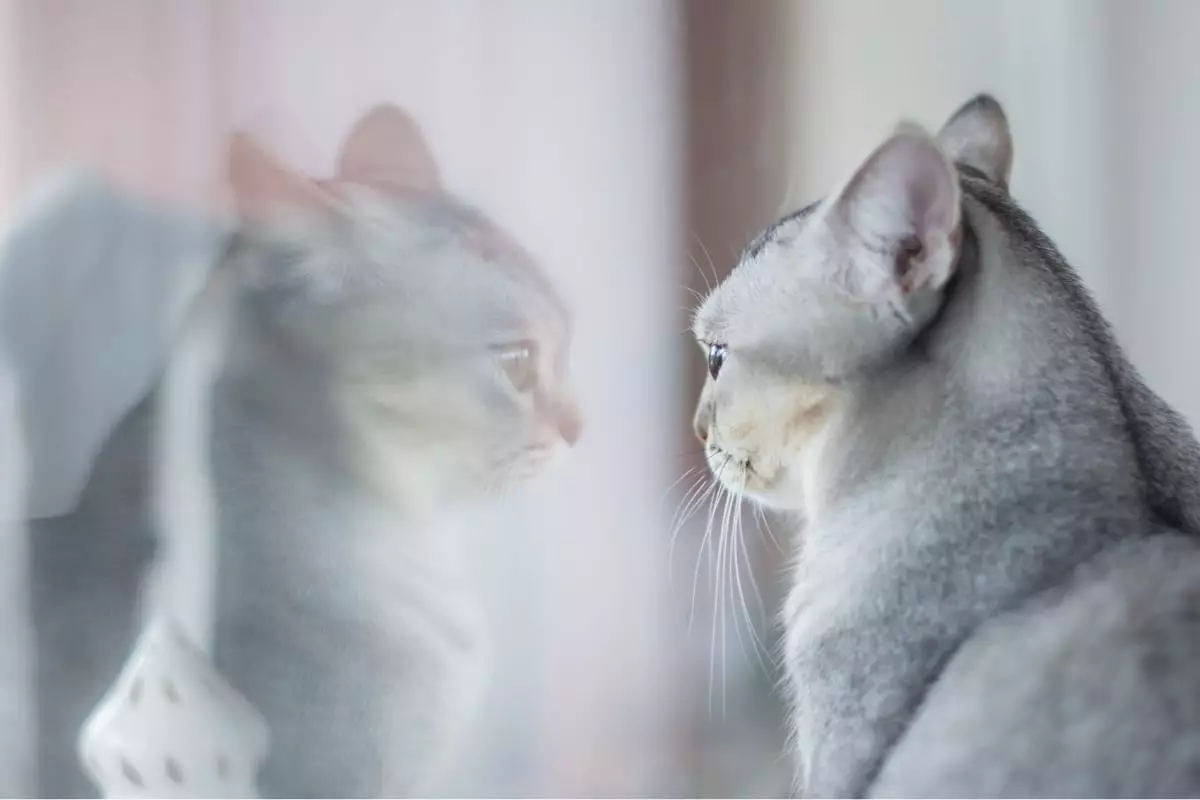Cats have long been portrayed as independent and aloof creatures, yet many people who share their lives with these enigmatic pets know that they can form deep emotional bonds with their human companions. When left alone, the typical feline might experience a range of emotions that impact their behavior and overall wellbeing. Recognizing the signs that your cat misses you during your absence is essential for nurturing their emotional health and ensuring they feel loved and secure. Here, we delve into various behaviors that indicate your cat may be longing for your company.
One of the most noticeable behaviors that can suggest your cat is missing you is an increase in vocalization. If you observe your cat meowing more frequently or in a different tone than usual, it could be their way of seeking your attention. Cats use vocalizations to communicate with humans, and changes in this vocal behavior may indicate distress or a longing for connection. Paying close attention to these sounds can provide insights into their emotional state, allowing you to respond appropriately and reassure them when you return.
Have you ever noticed your cat trailing behind you as you prepare to leave? This clingy behavior is another indicator of their emotional connection to you. When a cat shadows their owner, it often means they want to maximize their interactions before separation occurs. This desire for closeness is their way of expressing their reluctance to be alone. Providing reassurance through gentle petting or extra playtime can help ease their anxiety and strengthen your bond.
A decrease in appetite when you are away can be a significant sign that your feline friend is experiencing feelings of loneliness or anxiety. Similar to humans, cats may lose their interest in food when faced with stress-induced emotions. Monitoring their eating habits can provide valuable insights into how your absence is affecting them psychologically. If you notice they are eating less regularly, consider ways to create a more soothing environment or even consult your veterinarian for advice.
Upon returning home, finding that your furniture has been scratched or items have been knocked over may suggest that your cat is struggling with separation anxiety. Destructive behavior can manifest as a way for cats to express their stress or boredom while waiting for your return. You can alleviate these tendencies by providing engaging toys, scratching posts, or climbing trees that can distract them and channel their energy more positively.
While grooming is a regular part of a cat’s routine, excessive grooming—resulting in bald patches—can indicate that your cat is feeling anxious or neglected. This behavior serves as a self-soothing mechanism; when left alone and stressed, your cat may overcompensate in their grooming habits. Assessing your cat’s grooming patterns can help you decide if additional comfort or emotional support is necessary during times of separation.
Another red flag to observe is a decline in your cat’s energy and enthusiasm when you’re away. If your typically vibrant cat becomes lethargic or disinterested in their favorite activities, it may signal stress or depression. Engaging them with new toys, interactive play, or even puzzle feeders can reinvigorate their spirits and provide an enrichment that helps take their mind off your absence.
One heartwarming behavior to look out for is your cat sitting by the door when you return home. This gesture reveals the anticipation and longing your feline exhibits in your absence. They derive comfort from your presence and may have spent a good portion of the day awaiting your return. Recognizing this behavior not only helps you understand their emotional needs, but it can also make your reunions even more delightful.
Interestingly, some cats may choose to ignore you when you first get home. This paradoxical behavior can feel disappointing, but it often serves as a way for them to express their displeasure about being left alone. By withholding attention temporarily, they might be conveying their feelings of neglect and asserting their emotional needs. Over time, however, they will likely return to their affectionate selves, reaffirming the bond you share.
To provide your cat with emotional security while you are away, consider leaving behind comforting items like an article of your clothing. The familiar scent can be comforting and help ease feelings of loneliness. An additional measure is to maintain stimulation, ensuring that your cat is mentally engaged during your absence with new toys or interactive mechanisms that can capture their attention.
While cats may exhibit an independent streak, they can experience strong feelings of attachment and longing when their owners are away. Being able to identify behaviors that suggest your cat is missing you can greatly enhance their emotional wellbeing and strengthen your connection as a loving pet owner. By taking the time to understand your feline friend’s emotional needs and enriching their environment, you can ensure their happiness and comfort, creating a harmonious living space for both of you.

